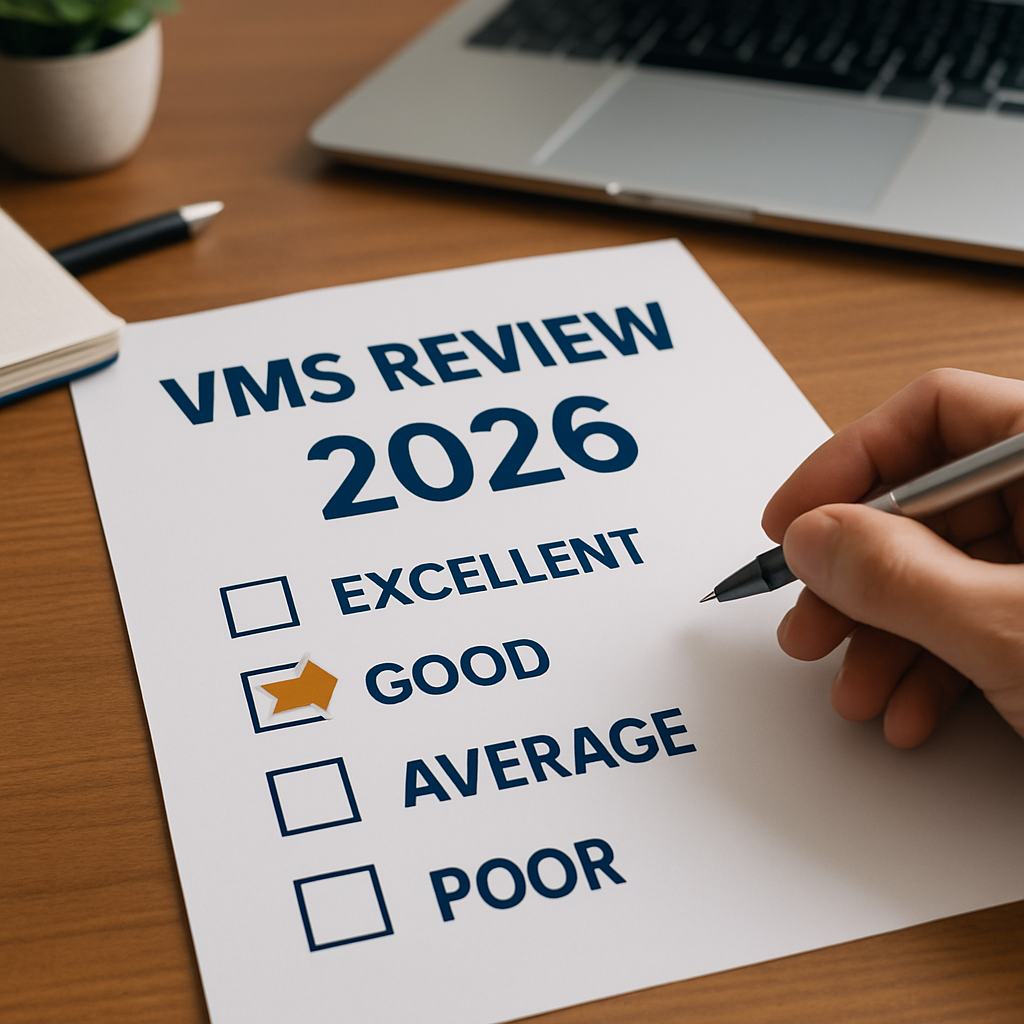In the fast-paced world of Management Consulting Firms, adaptability and agility are not just buzzwords – they are essential survival tactics. In this article, we look at how management consulting firms can benefit from contingent workforce planning and the important role that a VMS can play in helping them to provide a clear roadmap of their talent needs.
As management consulting firms navigate through the dynamic landscape of evolving business environments and client demands, strategic resource deployment becomes paramount. This is where contingent workforce forecasting emerges as a vital component in a management consulting firm's toolkit, leveraging a blend of historical and real-time data to drive operational efficiency and financial success through insightful workforce planning.
Management consulting firms deal with a diverse range of projects, each with unique timelines, expertise requirements, and deliverables. Thus, the need for a variable and specialized workforce is significant.
With contingent workforce forecasting, firms can effectively anticipate their staffing needs, ensuring they have the right professionals in the right place at the right time.
Here’s how management consulting firms can benefit from contingent workforce forecasting:
#1 - Efficient Resource Utilization
Forecasting the contingent workforce effectively leads to optimal resource utilization. With a clear picture of future project requirements, firms can align their workforce accordingly, reducing the likelihood of overstaffing or understaffing. This way, firms can avoid unnecessary overhead costs, while also mitigating the risk of missed deadlines and compromised project quality due to a lack of resources.
#2 - Talent Acquisition Strategy
In the competitive management consulting sector, attracting top talent is a constant battle. Contingent workforce forecasting allows firms to identify potential talent gaps in advance, thereby guiding the recruitment strategy. This proactive approach helps firms attract and retain the best professionals, offering them projects that match their expertise and interests, and ensuring they are available when needed.
#3 - Cost Management
In management consulting, project costs can often be as unpredictable as the projects themselves. By forecasting the contingent workforce, firms can better anticipate labor costs and make more informed budgeting decisions. This practice can help firms strike a balance between maintaining a competitive edge and ensuring profitability.
#4 - Client Satisfaction
Client expectations are constantly evolving, and delivering high-quality, timely solutions is paramount to maintaining client satisfaction and trust. A successfully forecasted contingent workforce ensures that a management consulting firm is always equipped to handle client demands. It minimizes delays due to resource constraints and maximizes the firm's ability to deliver results, thereby improving client satisfaction.
#5 - Adaptability and Scalability
Contingent workforce forecasting also aids in scaling operations up or down based on project demand. It provides the flexibility to manage workload fluctuations, ensuring that firms can quickly adapt to new projects or changes in existing ones. This flexibility not only improves operational efficiency but also contributes to a firm's resilience in the face of change.
#6 - Navigating Uncertainty
In times of uncertainty, such as economic downturns or global crises, forecasting becomes even more critical. It helps firms prepare for various scenarios, enabling them to navigate turbulent times with fewer disruptions. This forward-looking approach can ensure business continuity and stability, even when the external environment is volatile.
How a Vendor Management System Helps
A Vendor Management System (VMS) is a cloud-based platform that enables organizations to automate processes associated with, and gain control of, their contingent workforce.
A VMS helps management consulting firms plan their extended workforce by giving them historical and current data to feed workplace forecasting. They can then layer that over their growth plans providing them a clear picture of their talent demands.
Once this picture is clear, companies can then determine gaps and then plan which roles will be contingent and which roles they need to recruit workers into permanent roles.
A detailed explanation of the benefits of a VMS and how to choose the right one for your organization is included in the VMS Buyer's Guide, available for free download here:
Read More about VMS for Consulting Firms:
The Conexis Difference
Conexis was built by Management Consultants from the talent supply chain sector for the unique needs of Management Consulting firms. At Conexis, we understand the need to fill client project roles faster and improve delivery and profitability, and that the VMS technology solutions must align with these demanding users.
Interested in learning more about Vendor Management Systems?
Whether you are looking to change your VMS solution, or just getting started, we are here to help. Contact Us for a Free No-Obligation Consultation to discuss your workforce challenges (and get immediate actionable insights). See how easy Conexis is to use by taking a quick 2 minute Self-Guided Tour, or Book a Personal Demo Today!






.jpg)

